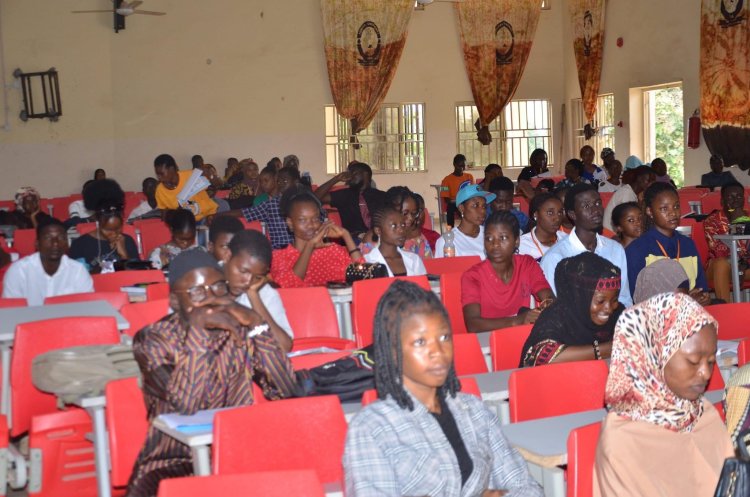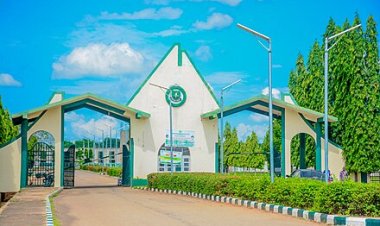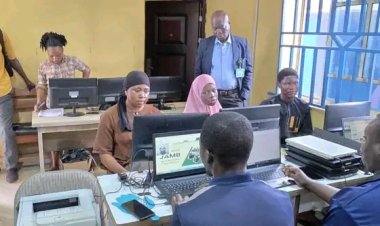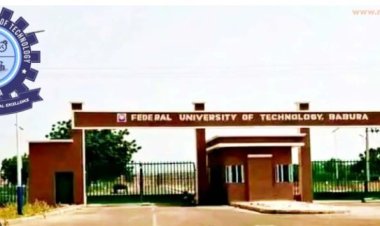FULafia, Dalhatu Araf Specialist Hospital (DASH), Lafia, mark public lecture with blood donation
FULafia, Dalhatu Araf Specialist Hospital (DASH), Lafia, mark public lecture with blood donation

FULafia, The Federal University of Lafia (FULafia), in collaboration with Dalhatu Araf Specialist Hospital (DASH), Lafia, organised a public lecture on the importance of voluntary blood donation.
The public lecture tagged: "#SAFE-BLOOD
#SAVES-LIVES" was jointly sponsored by the FULafia Health Centre, Nigerian Medical Laboratory Science Students’ Association (NIMELSSA), Students Representatives Council (SRC) and Dalhatu Araf Specialist Hospital, Lafia.
The event was held at the 500-seat Auditorium in Permanent Site Campus of the University.
Speaking at the event, the chairman of the occasion, Vice-Chancellor of FULafia, Professor Shehu Abdul Rahman, commended DASH for collaborating with the University, saying: “The lecture became necessary as it highlights the importance of making voluntary blood donation in the University and the country at large.”
READ MORE: FULafia Vice Chancellor lauds ANUPA for promoting values of FULafia
Abdul Rahman, represented by the Deputy Vice-Chancellor Academics Affairs, Professor Aleruchi Chuku, applauded FULafia health centre, NIMELSSA, SRC and DASH for organising an awareness campaign on blood donation.
Chuku said that the lecture, aimed at sensitising the University community on blood donation, would go along way in saving lives of less privileged and sick patients in the society.
While urging the students to take advantage of the exercise to benefit maximally, Chuku said that the lecture would clear misconceptions in some quarters "that blood donation or blood transfusion is an abomination,” pointing out that "blood is a source of life to humanity."
In his presentation, titled: “The benefit of blood donation,” Dean, Faculty of Health Sciences, represented by Dr Peter Akpulu, said that "in as much as there is no any substitute to blood, blood donation and transfusion became necessary for the survival of humanity."
He dismissed the wrong notion that people fall sick after donating blood, saying that blood donation “is a good thing to be done once in every three months.
"Once you donate blood, your body will stimulate fresh blood and it will start producing new cells that will, within two to three weeks, bring the blood level back to normal,” he said, adding: “Blood donation also helps to control obesity."
Speaking, Dr Bulus Odu, the Head of the Department of Hepmology, DASH, Lafia, recommended some health tips for students thus: “I advise you to feed well, reduce your carbohydrate intake, eat plenty of fruits, vegetables and reduce your oil intake.”
He added that the donors should also ensure they take plenty of water on daily basis, undergo body exercises always and sleep early at night.
The three days featured mass blood donation, free blood screening for (hepatitis B & C blood grouping) HIV/AIDS and genotype test.

 Amanna
Amanna 



